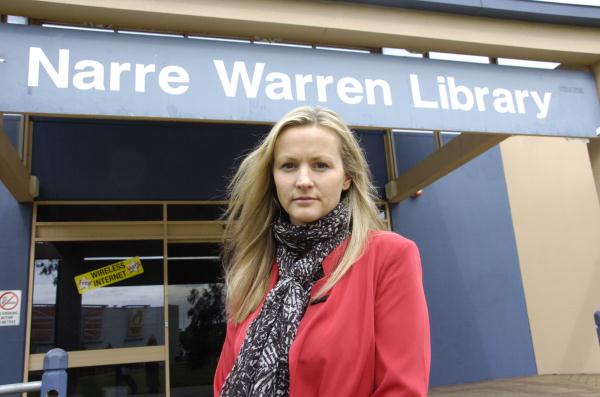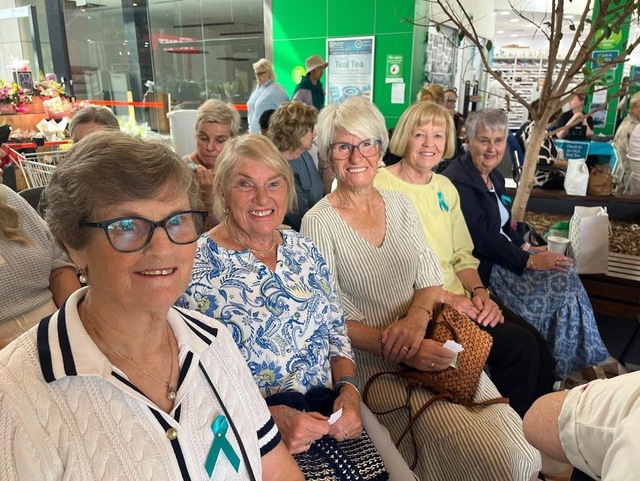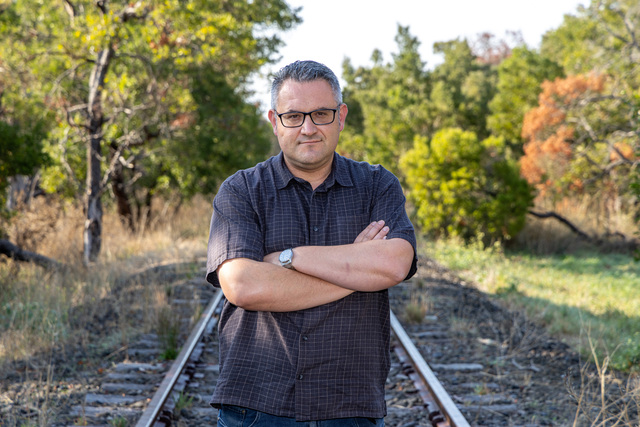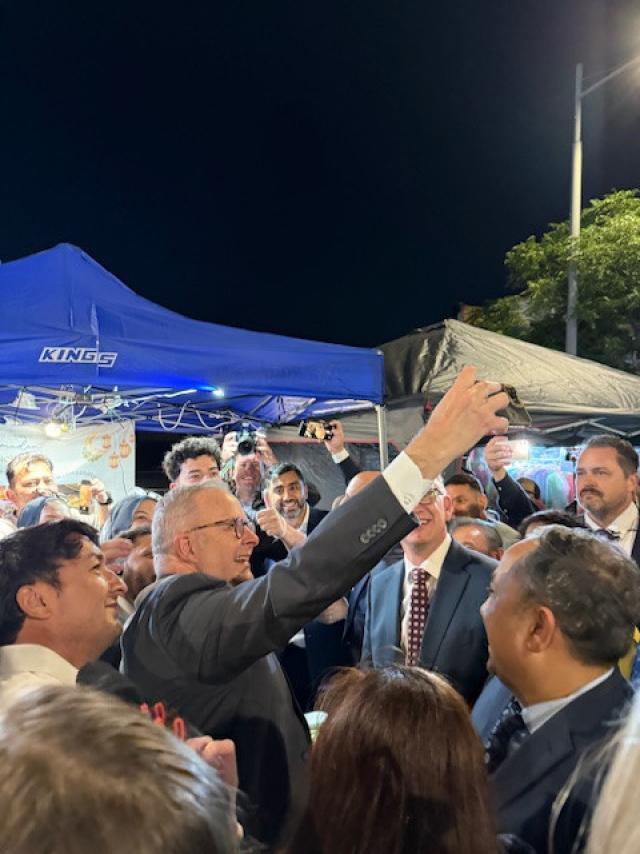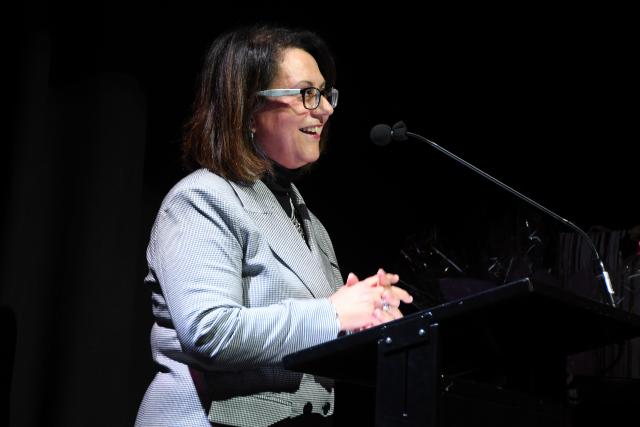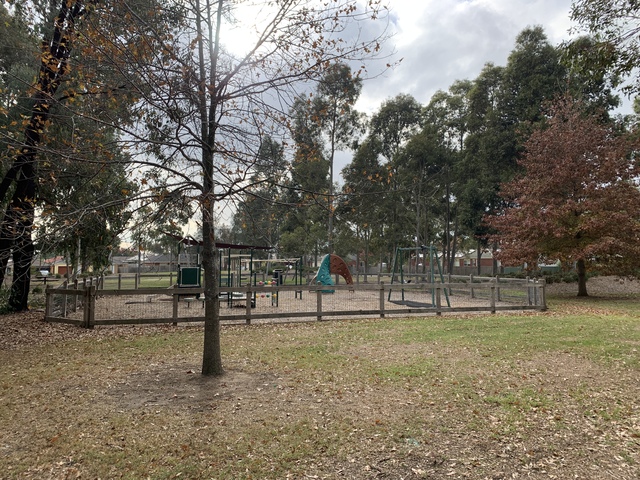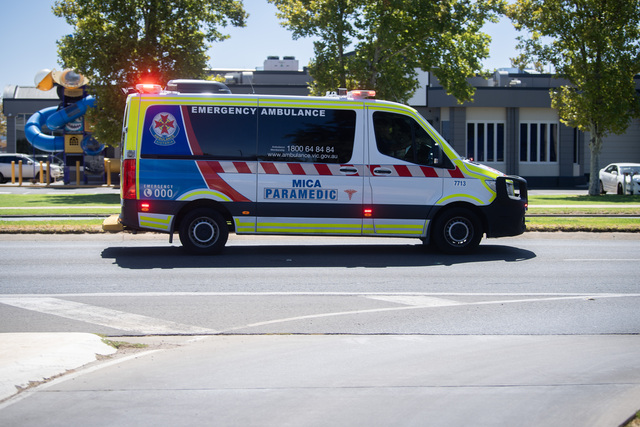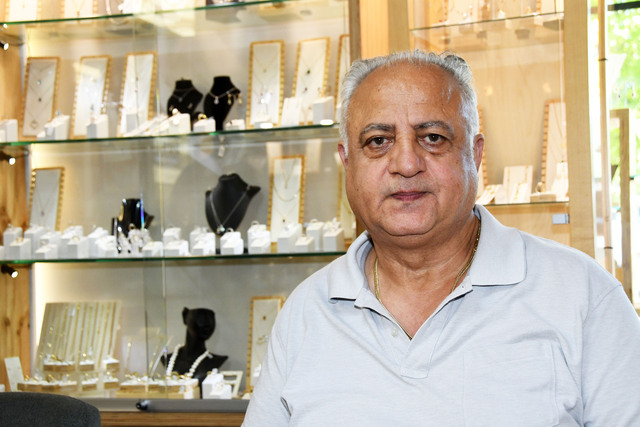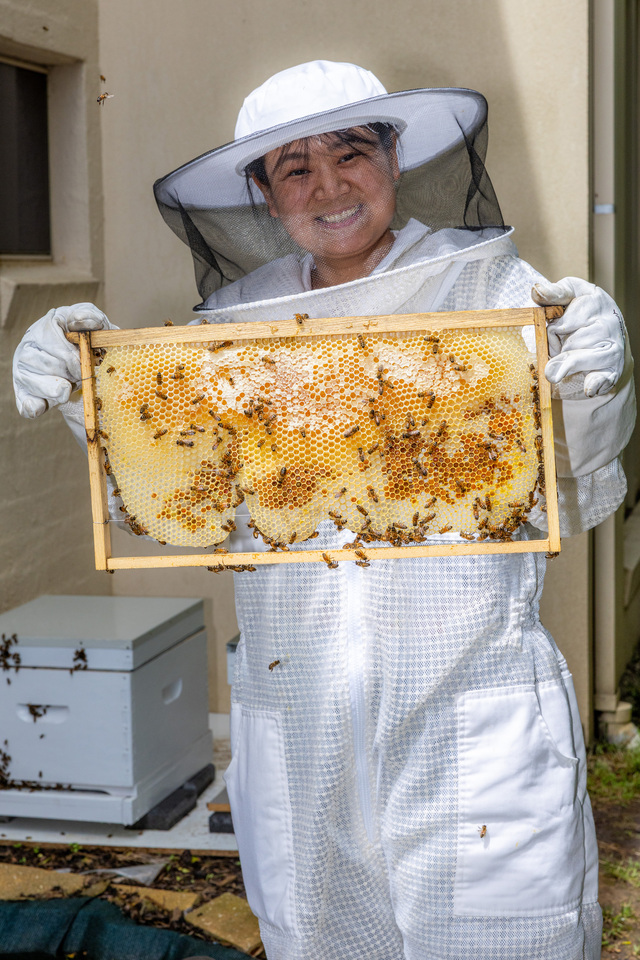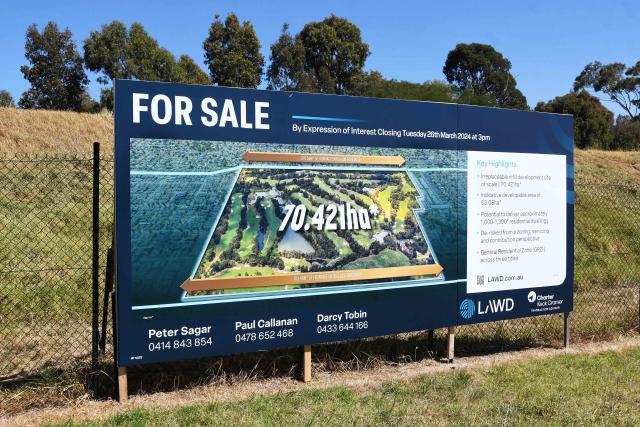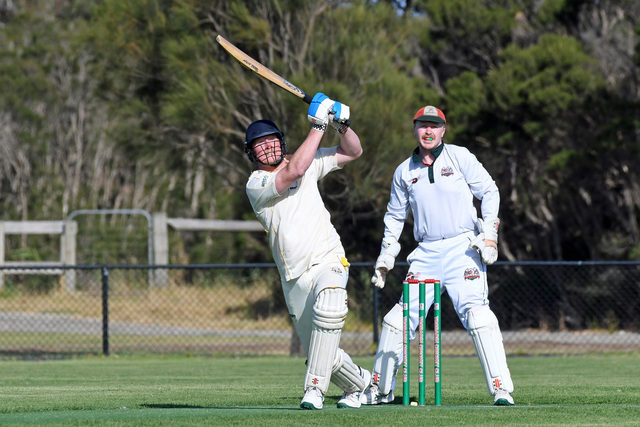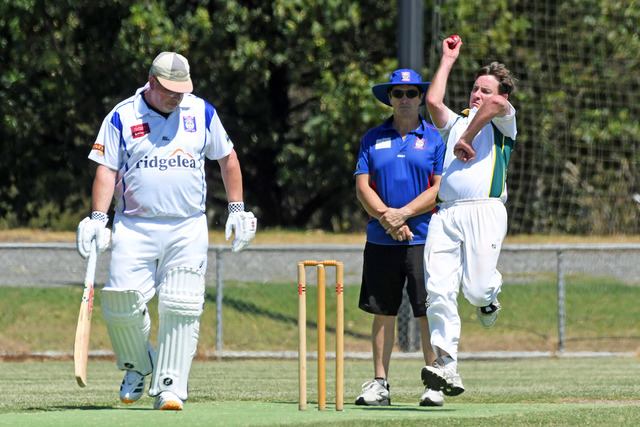By BRIDGET SCOTT
THE Casey-Cardinia Library Corporation has defended its decision not to filter its computers after a councillor’s plea to protect the community’s children.
City of Casey Councillor Rosalie Crestani was alarmed to discover that various libraries throughout the City of Casey offer no filtering on their computers.
Cr Crestani said she was approached by a local resident who had gone to around five libraries in the area and tested these computers to see what restrictions they offered.
She said she was shocked when the resident informed her none of the computers offered any form of filtering and users were able to access most websites.
Following this, Cr Crestani moved a notice of motion at a council meeting on Tuesday 20 August, requesting that council seek clarification as to what safeguards are in place to prevent inappropriate use of internet in public libraries.
The councillor said she was concerned about the effects that exposure to certain material could have on children.
“I believe Internet filters are so important because they provide a level of protection against easy access to illicit and illegal materials for our children,” she said
“Exposure of sexualised material to children has proven to have damaging effects on their development.”
Casey-Cardinia Library Corporation CEO Peter Carter said it was the parents’ responsibility to ensure their child was using the computers properly.
“The corporation takes the position that all users need to be aware of their responsibilities for the appropriate use of the internet in public places, and that particularly in the case of children,” he said.
“Parents need to exercise their discretion in teaching them to use the internet and computer technology safely.”
Cr Crestani said she found it difficult to understand why computer users had the opportunity to access these sites when such things weren’t available in the book section at a library.
“There isn’t a pornographic or any illegal material section in the library, so why should there be access to such material through rate and tax- funded computer services,” she said.
Mr Carter said the library maintained a policy on internet filtering which was approved by the Board of the Library Corporation.
“Both the Public Libraries Victoria Network and the Australian Library and Information Association do not endorse the use of filters on public library internet computers,” he said.
Mr Carter explained that his organisation believes the use of filtering can often restrict access to legitimate sites and cannot guarantee they will filter all sites which may cause concern.
“Filters tend to focus on certain subjects, and parents or individuals may have individual concerns over a wide range of potential sites and issues,” he said.
Cr Crestani said she believed there must be some action which could be taken to prevent the use of certain sites in public domains.
“I acknowledge that the role of parents, or guardians and self-responsibility is definitely a large aspect of this issue, but perhaps making it safer for everyone makes the pathway easier to negotiate,” she said.

